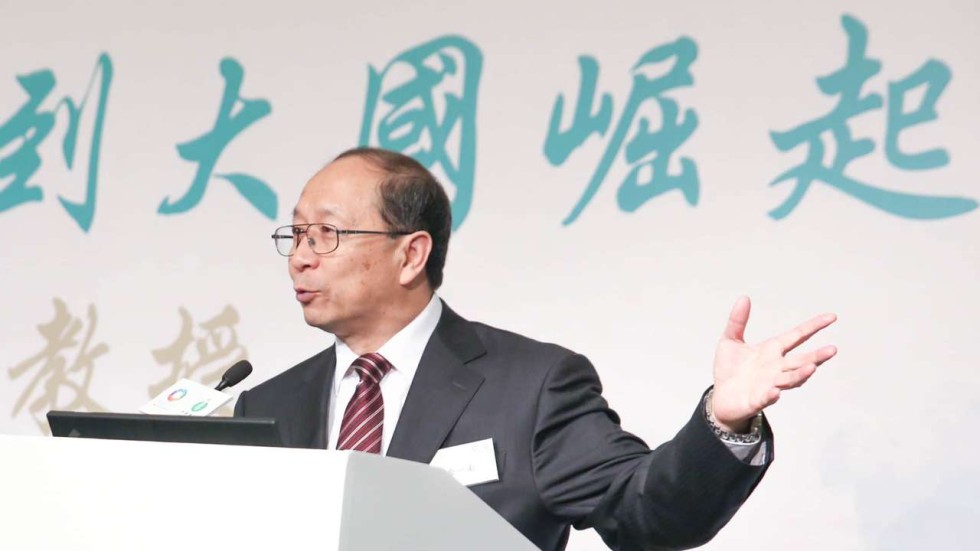Donald Trump’s rise to power in Washington
might inject some short-term uncertainty into Sino-US ties, but the
Republican will put the bilateral relationship on a better track than
rival Hillary Clinton would have, according to a senior Chinese defence
adviser.
Retired major general Jin Yinan, a former
director of the strategic research institute at the PLA’s National
Defence University, said some Asian nations such as Japan and Singapore
would push for the United States to maintain a strong presence in Asia,
but Trump’s administration would focus on domestic issues and economic
development.
Trump’s win on November 8 triggered concerns in
the Asia-Pacific, especially among US allies, that Washington could
retreat from the region, with Trump’s advisers saying the US has diverse
interests and will abandon the Trans-Pacific Partnership (TPP) trade
deal that excludes China.
In Hong Kong yesterday, Jin said China was
likely to face less political and military pressure in the Asia-Pacific
under Trump because the Republican would be less keen to interfere in
global affairs.
He said Trump was a straight-talker, and
exchanges between the militaries of the two nations would not decline
under the new administration.
Jin said a Trump presidency would require Asian
nations to adjust their engagement with China and the US. Asian nations,
including Singapore, had pushed for the US to contain China, and turned
South China Sea disputes into international issues.
“Small nations usually have to strike a balance between big powers to survive, but that doesn’t mean siding completely with a particular nation,” Jin said of Singapore. “That kind of strategy might need to change next year.”
Take a look at the Middle East, the situation there has become even more chaotic since US involvement
Jin said the US might not be pushed to confront
China because Americans realised the high cost of years of US
involvement in global affairs. “Take a look at the Middle East, the
situation there has become even more chaotic since US involvement,” he
said.
He said a less-involved US would not create a
security vacuum in the Asia-Pacific, because nations in the region could
handle their own security.
On Thursday, Japanese Prime Minister Shinzo Abe,
the first foreign leader to meet Trump, said he had “great confidence”
in the US president-elect.
“The policy initiatives of Clinton are obvious – that she would continue with pivoting to Asia and the TPP, encircling China politically and militarily, and isolating China economically,” Jin said.
“There may be uncertainties facing relations between China and the US in the short run, but from a medium- and long-term perspective, Sino-US ties will be better under Trump than [they would have been under] Clinton.”
He said China would not make major changes to
its US strategy following Trump’s win, but Beijing expected a smoother
roll-out for its “One Belt, One Road” initiative after Trump advisers
said it was wrong for the US not to join the Beijing-led Asian
Infrastructure Investment Bank.
That sentiment was in contrast to Trump’s
threats on the campaign trail to name China as a currency manipulator,
impose a 45 per cent tariff on Chinese products and even embark on a
trade war with China.
Jin said he did expect the US to exert more
economic pressure on China but there would be new avenues for
cooperation as Trump focused more boosting economic development to unite
American society.
Trump’s election pledge to “make America great
again” centred mainly on rebuilding the US economy, while Clinton wanted
Washington to show strength through interference in other nations’
affairs, Jin said. “Some people are concerned that Trump is against
globalisation. But I believe his stance is more conducive to the true
meaning of globalisation. It is not the kind of globalisation dominated
by the US,” he said.
Source:scmp


No comments:
Post a Comment
Disclaimer: Comments herein are solely for those commenting and does not reflect or represent views of KenyaNews Dailies.